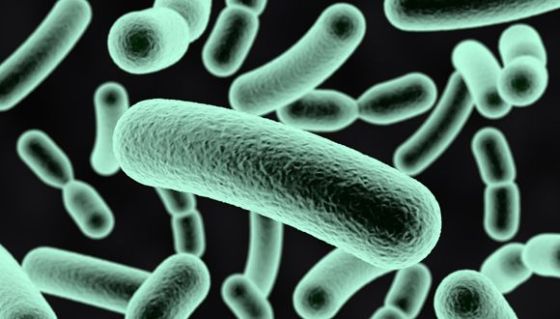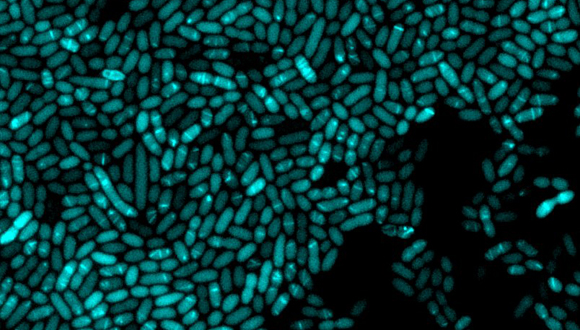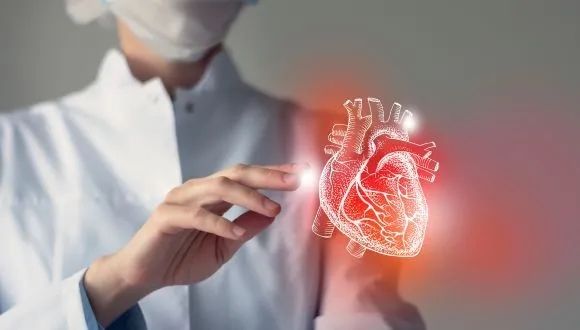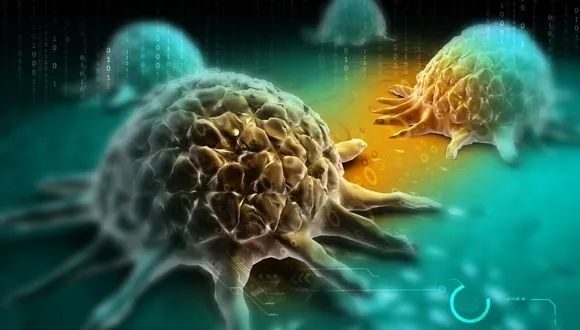
Using ‘Good’ Bacteria to Fight ‘Bad’ Bacteria
Antibiotic resistance is an ever-growing worry to the medical profession, with the World Health Organization recently defining it as one of the most significant dangers to public health and food safety. A new technology from Tel Aviv University will make it possible to insert ‘good’ bacteria into the body, or into diverse environmental niches, for the purpose of injecting toxins and eliminating ‘bad’ bacteria. The breakthrough technology can be suited to target different kinds of bacteria and may become a biological replacement for antibiotics, potentially saving many lives.
The study was conducted by Dr. Dor Salomon, Dr. Biswanath Jana and Kinga Kappel of the Department of Clinical Microbiology and Immunology at the Sackler Faculty of Medicine.
Taking Advantage of Killing System
Beneficial bacteria and pathogenic bacteria, bacteria that can cause disease, have fought each other over resources and nutrients since the dawn of time, and have developed a variety of sophisticated mechanisms that neutralizes their competition. Understanding the mechanisms that mediate these bacterial wars will enable their utilization and conversion into new tools that will be used to treat diseases caused by antibiotic-resistant bacteria.
TAU researchers built a system which allows them to engineer ‘good’ bacteria that can recognize disease-causing bacteria, attack the latter exclusively with toxins and neutralize them. Dr. Dor Salomon explains, “We know how to change and control every component in the system and create a bacterium that neutralizes different strains of bacteria. This is proof of feasibility, showing that we have the knowledge and ability to create bacteria that take advantage of this killing system and may serve as antibiotic treatments. Such bacteria could replace the classic antibiotics that we currently use in a variety of scenarios”.
High Degree of Control
The researchers ‘borrowed’ a toxin injection system – known as a Type 6 Secretion System – from a pathogenic bacterium and introduced it into a ‘friendly’ bacterium, Vibrio natriegens. This ‘friendly’ bacterium is not harmful to humans or animals and can survive and reproduce under a variety of conditions. The injection system is similar to a poisoned arrow shot from a bacterium towards neighboring bacteria.

Photo: Vibrio bacteria expressing a structural component of the type 6 secretion system fused to a green fluorescent protein, allowing us to visualize the assembly of the secretion
Toxins carried on the arrow then mediate the elimination of competing bacteria. With the help of central regulator protein that they identified, researchers were able to produce an ‘operating switch’ for the system and cause it to ‘turn on’ only in response to recognizing desirable environmental conditions. In addition, researchers proved it possible to control the type and amount of toxins that are loaded on the arrow, thus adjusting the system’s killing range.
Serving Many Purposes
The system in its current form is predominantly suited for preventing and treating bacterial infections that affect the production of food from marine animals. It can then be adapted to treat pathogenic bacteria in humans, farm animals, plants and the environment.
“Ramot – The Technology Transfer Company of Tel Aviv University has filed a patent application to protect the technology and its application. Many companies in the field have already expressed interest in this sophisticated system developed by Dr. Dor Salomon, Dr. Biswanath Jana and Kinga Kappel”, says Keren Primor Cohen, CEO, Ramot at TAU. The study was published in the peer-reviewed EMBO Reports.
Related posts










Destroying Cancer: new drug delivery system containing RNA therapy can target cancer cells in bone marrow





Operation Guardian of the Walls: Women, Young People and Residents of the South Paid the Heaviest Price

